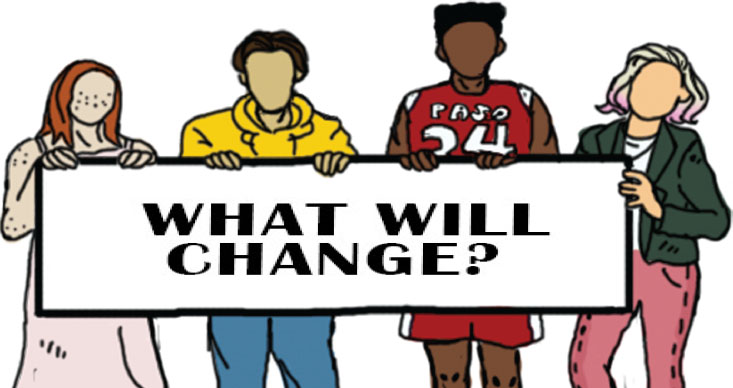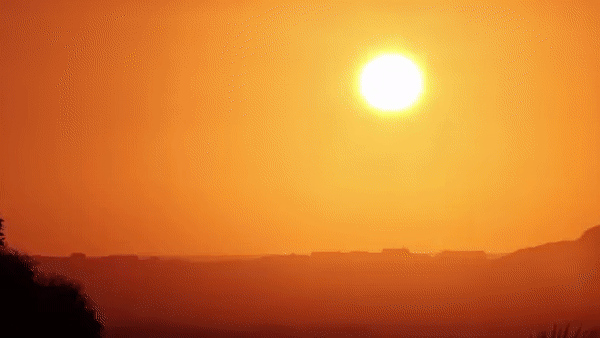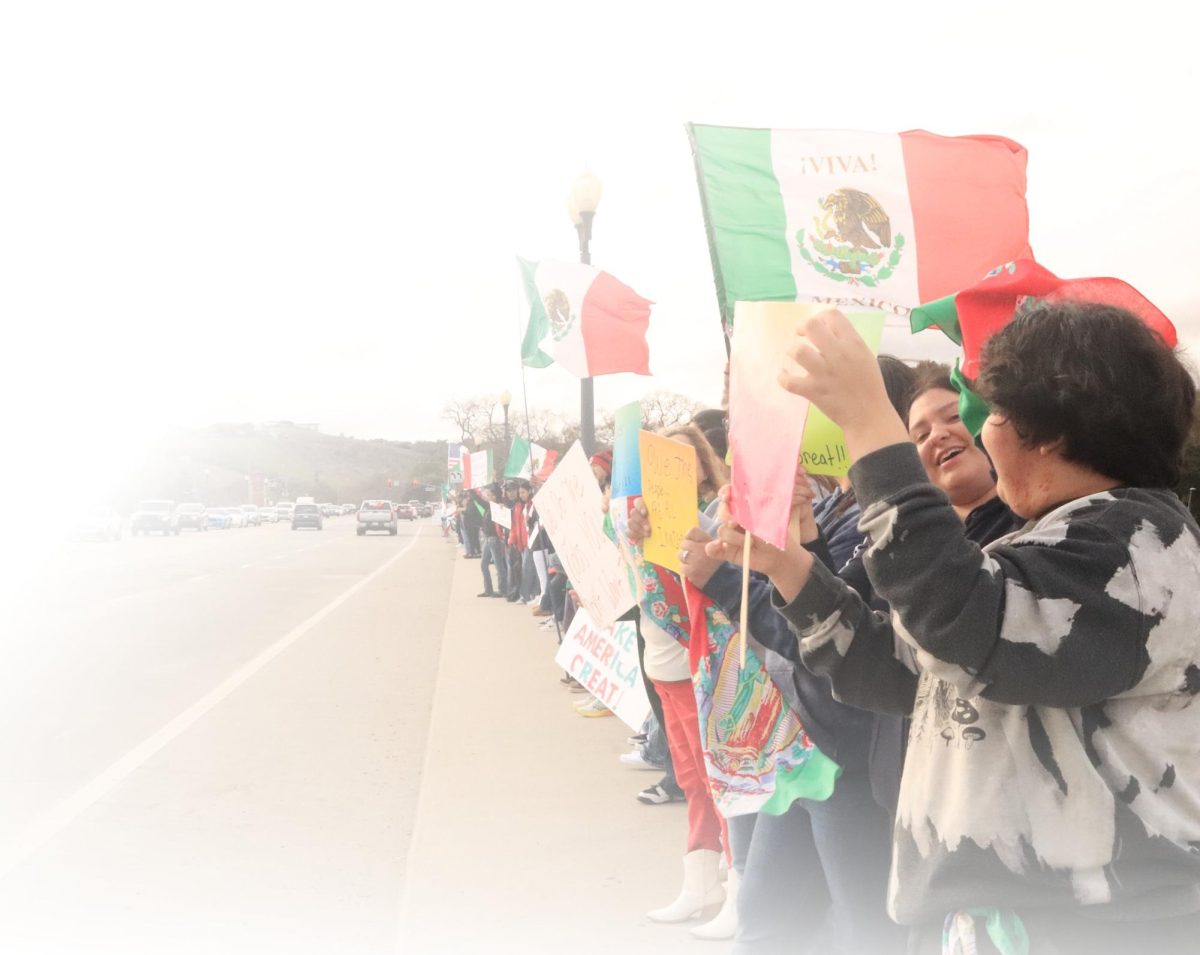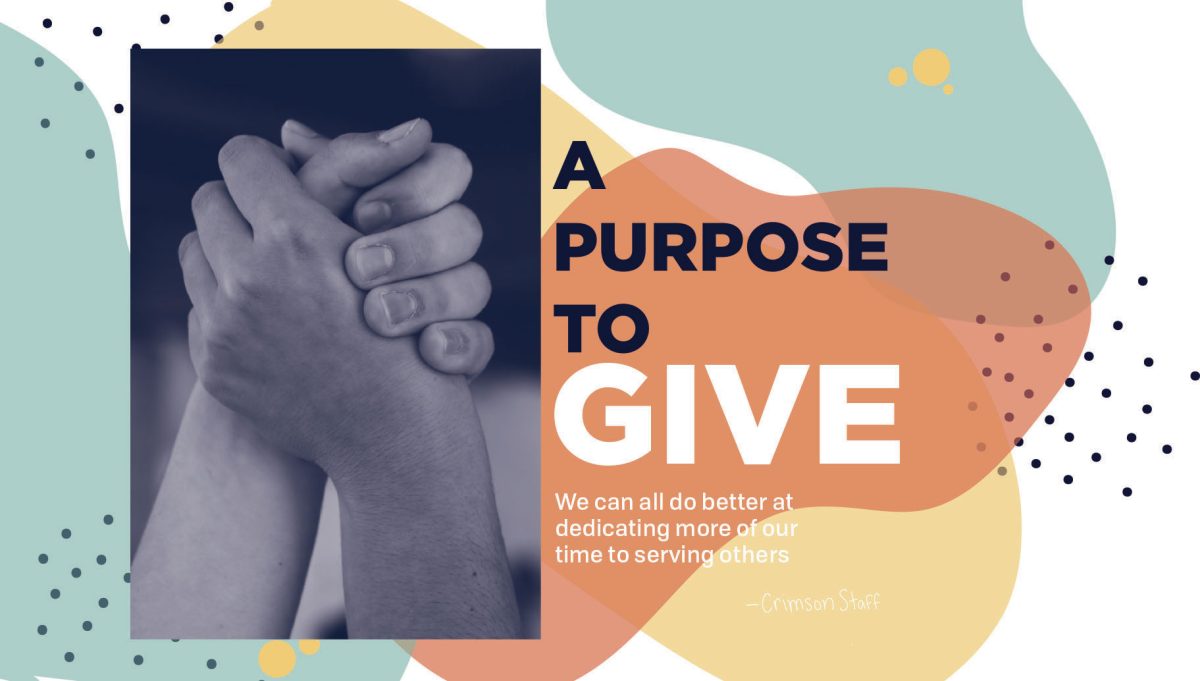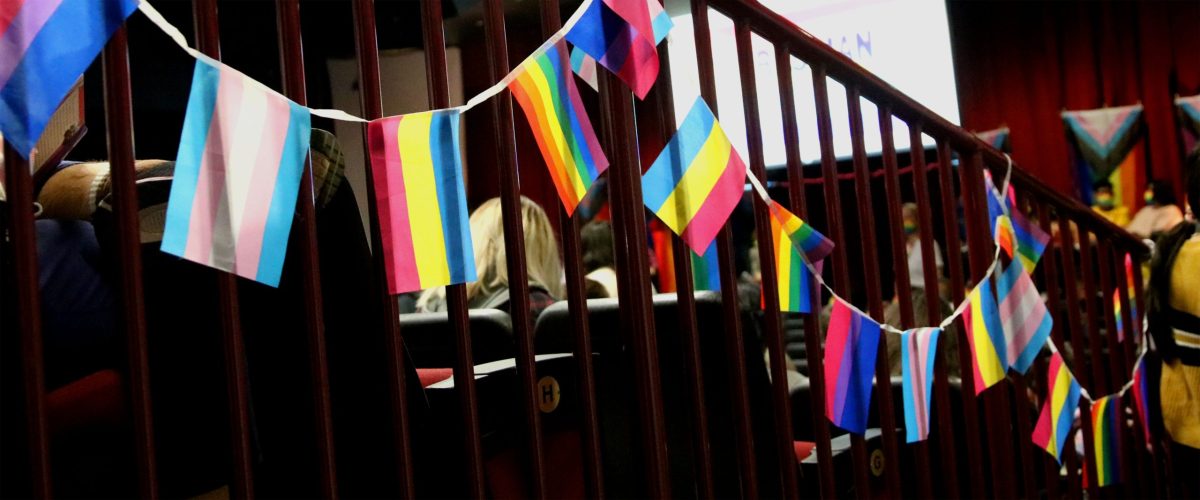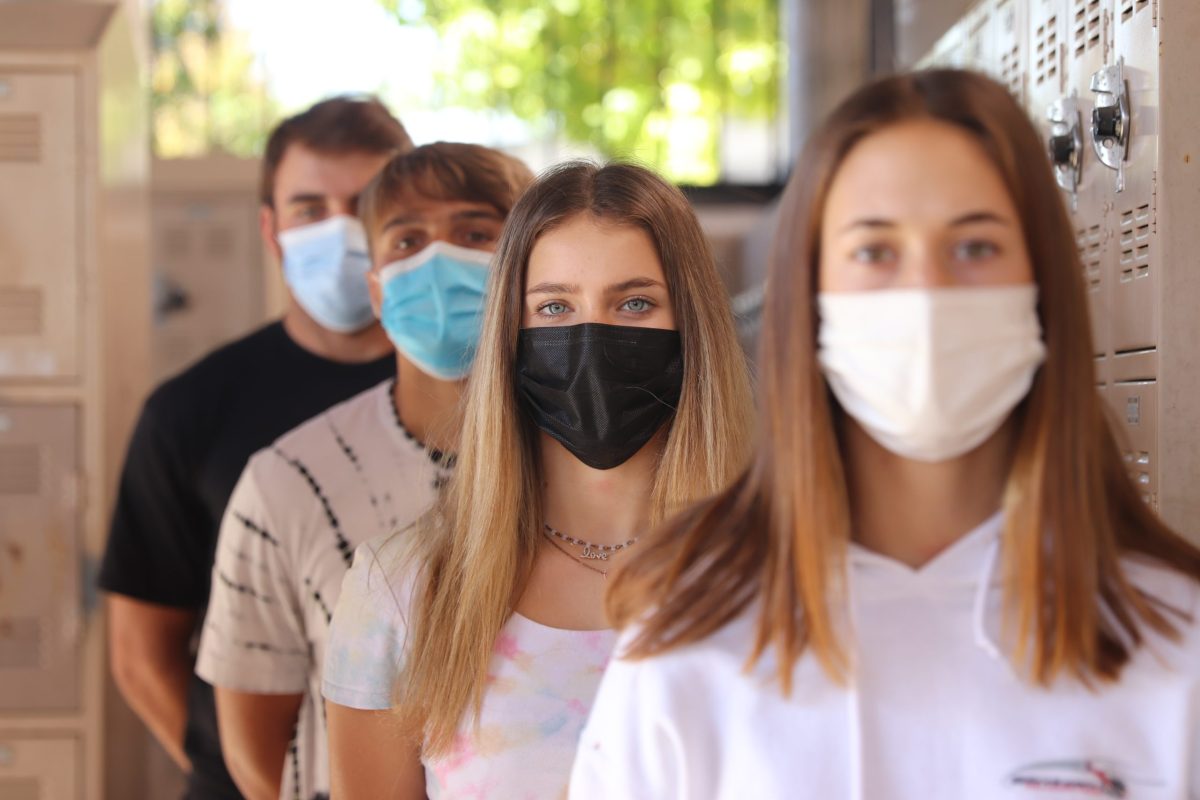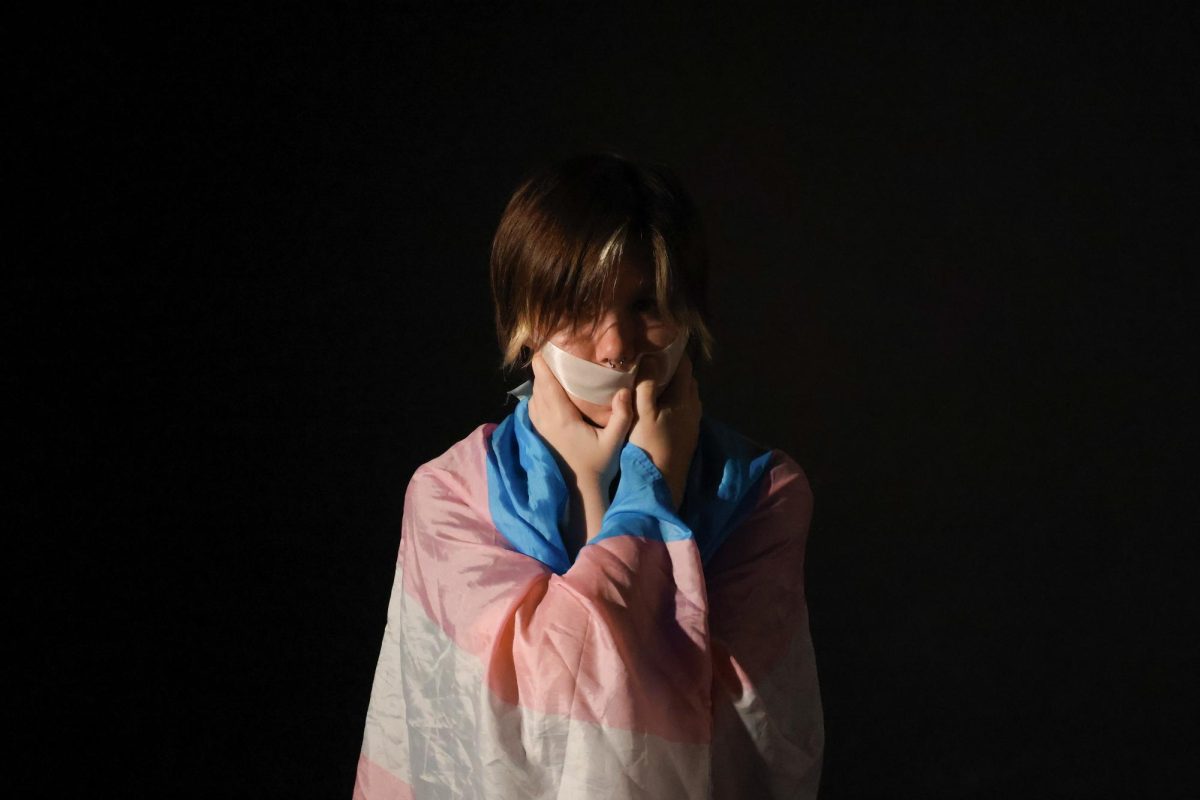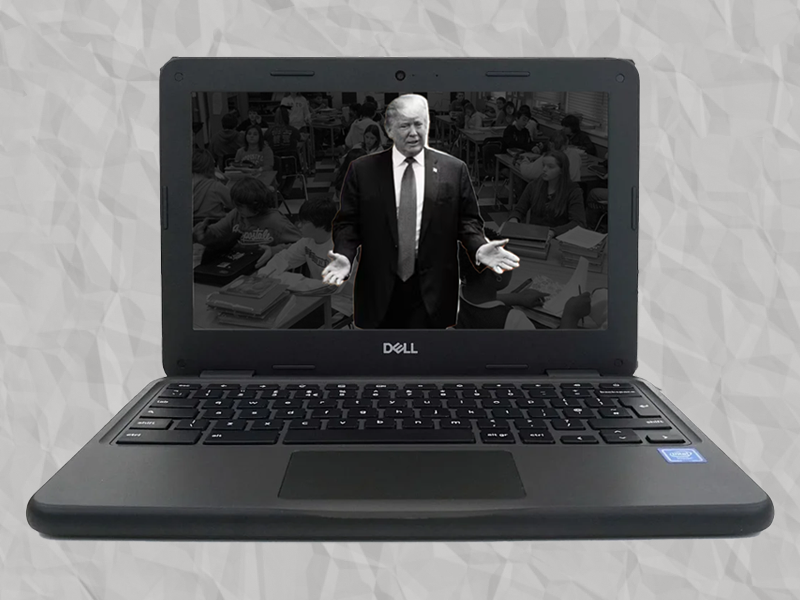A letter to the youth as Paso Robles advances to a new age of activism
Paso likes to present itself as a nostalgic enabler of simpler times when the sulfur baths flourished, the wine tasted rich and rewarding, and the traditional values of the generation before were proudly worked upon. A place where time could not touch spirit– one of the best places to visit in 2020.
It is easy to fall into the idealisms born from a small town past as the globe battles with raging fires, chilling polar vortexes, national flooding, humanitarian crises, limited healthcare, and unlivable wages– all things simply too big for such a little town. But as the clock ticks forward into the new decade, Paso has to decide its growing social responsibility for sustainable practices and immediate action, starting with its own problems.
Over the past four years, the students of PRHS have begun to add to the collective voice of national student movements, including A Day Without Immigrants in 2016, March for Our Lives in 2018, and the National Youth Climate strike in 2019. Adding to the debate of sustainable practice in local wine agriculture and pushing the SLO styrofoam ban in 2017 through City Council, students also focus on larger social movements in SLO Pride, gun law reform, and immigrant rights.
These events, which have manifested as student-led protests, have now run headfirst into the long-held conservative values of Paso Robles.
In response to the 2016 Paso “Day Without Immigrants” strike, an organized protest of 300 students, parents clashed over how and when students should voice their opinion.
“These kids don’t even in truth know the issues and they need to be in the classroom learning… [it] blows my mind how people can be such sheep, including our teenagers who do not think for themselves but just jump in the ‘we hate Trump’ bandwagon,” one Facebook parent wrote.
But by March of 2018, tensions flared in the student body.
Conservative Club president Justin Smith led a rally in support of the Second Amendment during Paso’s 17-minute expo for March for Our Lives, a national student-led walkout in support of legislation to prevent gun violence. The counter protesters, led by Smith, hoisted flags reading, “Trump,” “Make America Great Again,” and “Don’t tread on me.”
By lunch, several altercations had ensued, followed by administrative calls to parents.
Although Paso has taken its aim at activism movements, there is a larger struggle among the student body about what issues are appropriate to approach and how they are discussed. Within the last four years, violence has also risen with events of student protest and assertion of student belief.
The student body is now in a stalemate for a peaceful resolution to this local discord.
As Paso Robles addresses global movements, it cannot reside in the idea that it is purely agricultural, white, or traditional. Paso Robles is a town of immigrants and of racial bias. It is a town of queer residence, of tolerance, and of hostility. It is a town of women and of gender roles, just as it is a town of neglect and P.R.I.D.E.
These social issues are inevitably intertwined into the cloth of Paso’s history, and the students of PRHS can’t decide to cease the battle for resolution because it cannot communicate its differences and its similarities. Movements cannot grow without expectation. But the rapid polarization of debate and of activism has severely cleaved Paso.
And truthfully, there is no guarantee that the world will be better because a small bunch of kids from Paso Robles, as tourist-y as it is, cried out once for the problems it felt.
But what if it didn’t cry out? That is rejection.
There is this child-born idea that when the world was handed down to next, the eyes of the past would be on us as we improved it. The world was not given to us in its best state. It was not a gift and was not received gracefully. It is running 100 seconds until midnight.
It’s time that we unravel it, and as the youth, inherit responsibility for this town, this county, this state, and by some small degree, this world. There is also a responsibility to be better.
But the power of tomorrow rests in the present. There are no answers in the past. As the clock trips forward, what will change?

